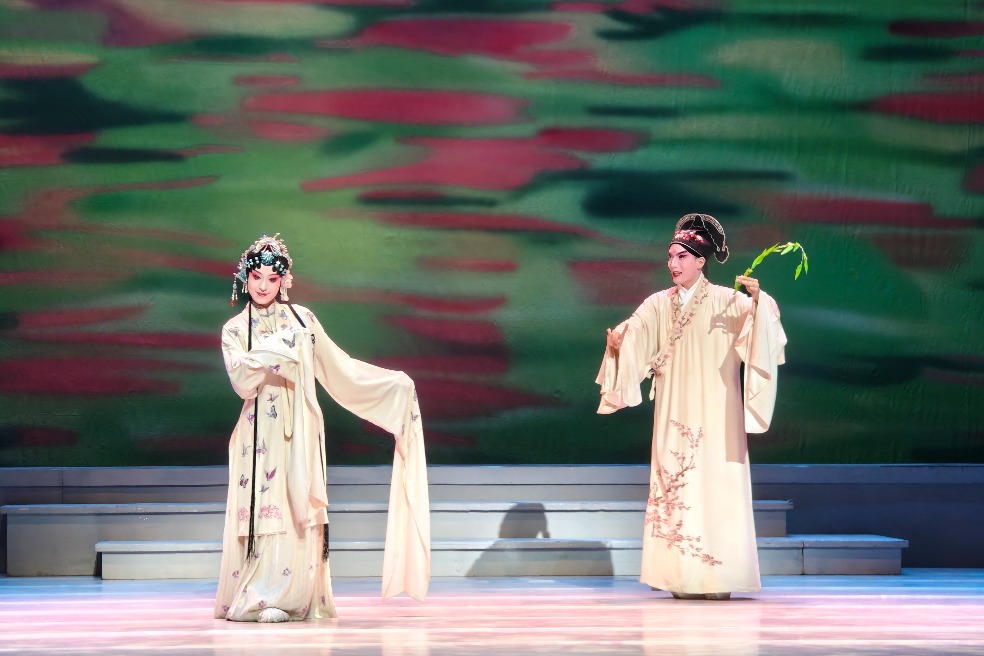Torn apart

Miscarriages leave thousands of Hong Kong families grief-stricken each year. Their predicament calls for greater community support and understanding to help them heal their emotions and rebuild their lives, Wu Kunling reports from Hong Kong.

The pain and torment experienced by any couple losing an unborn child are excruciating — a heartbreaking ordeal that's likely to leave an indelible mark on their lives.
Tang, 35, and his wife, surnamed Cheuk, 36, went through just that in October 2021 when they had to give up their 23-week-old fetus with chromosomal abnormalities. They were overwhelmed with grief after months of squabbles that nearly tore their marriage apart.
"It hurts me terribly when others try to comfort me, saying 'it's alright, you are still young and you will have another baby'." Cheuk, a 36-year-old woman who experienced the pain of miscarriage.
After exhausting every available quarter for help and advice to no avail, Tang turned to Grace Port-Caritas Miscarriage Support Centre — a project funded by The Hong Kong Jockey Club Charities Trust to provide comprehensive care and support for individuals and couples who have experienced a miscarriage, as well as emotional healing services.
The agony and suffering that arise from a miscarriage, medically referred to as a spontaneous abortion, affect thousands of families in the Hong Kong Special Administrative Region each year, and only greater care and support from the community can help them move on.
According to SAR government statistics, one in five pregnant women in the city has suffered a miscarriage, whether it's a spontaneous abortion or because of medical considerations or accidents, resulting in an average of 8,000 parents annually having to endure the pain of losing a premature offspring.
Among the challenges couples face after an abortion is that stillborn fetuses under 24 weeks' gestation are not granted death certificates and other relevant documents required for burial or cremation. For a long time, only a handful of parents in Hong Kong were able to retrieve the remains of fetuses and hold funerals. To store the remains, some families opted for pet cremation agencies, or kept them temporarily in refrigerators at home.
The government responded in 2019 by commissioning the city's first facility for burying abortuses at Wo Hop Shek Cemetery in North District — the largest public cemetery in Hong Kong. A similar facility entered service at Cape Collinson Columbarium on Hong Kong Island's Eastern District two years later. The two facilities provide about 700 final resting places, enabling parents to arrange for dignified burials for their aborted fetuses.
In September 2022, the Home of Forever Love — the first government-run cremation facility for aborted babies — was launched in Kwai Chung in the New Territories. These supportive policies allowed Tang and Cheuk to retrieve and bury their child, offering them much relief although the emotional stress continues to linger.
- China's anti-graft efforts deepen in 2025, with 115 senior officials probed
- Norovirus infections sicken over 100 students in Guangdong school
- Snapshots of Chinese space station passing in front of sun
- China accelerates nuclear fusion engineering, targeting power generation demonstration by 2030
- Xinjiang leads China in cross-border rail traffic, central Asian connectivity in 2025
- Astronauts say training helped ensure safe return




































